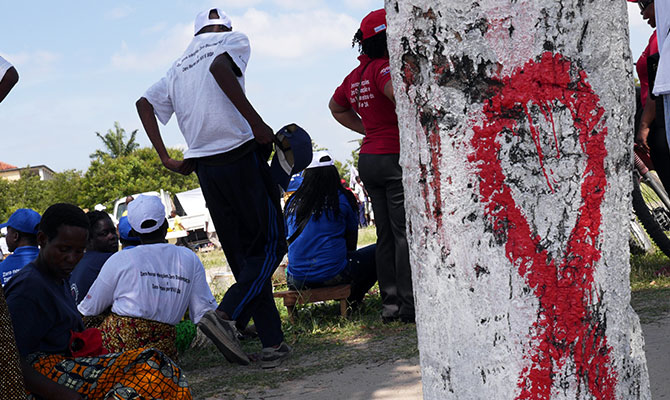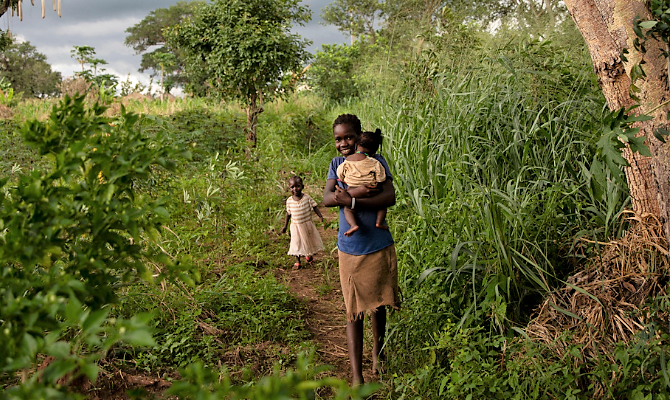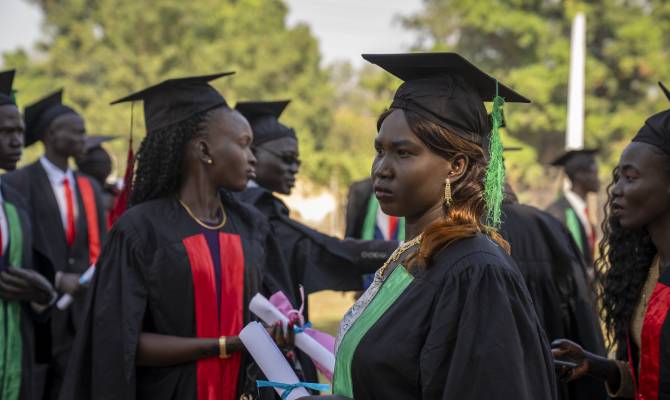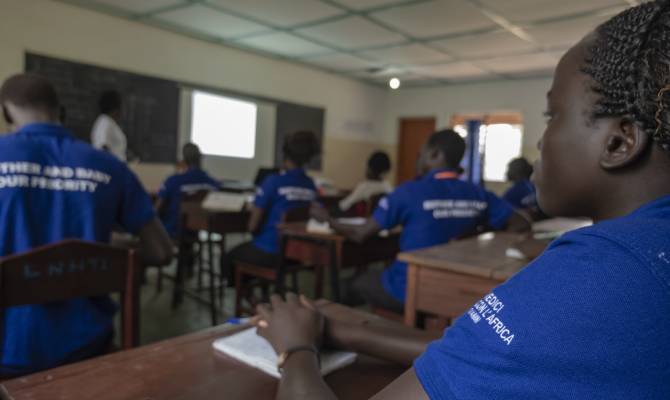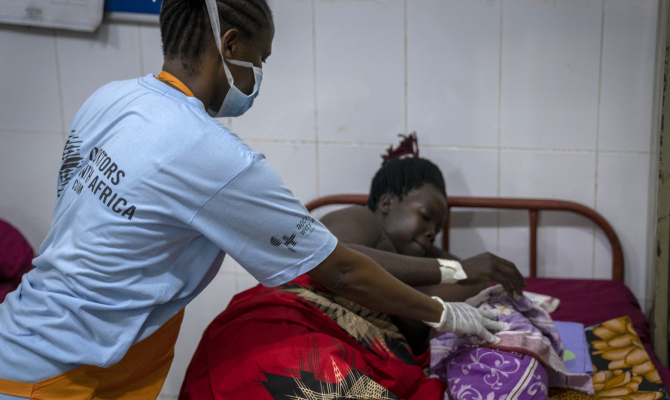It is now available online the report of the first international symposium “Science, community engagement and youth for an integrated response to HIV in Mozambique” organized by Doctors with Africa in collaboration with IAS- International AIDS Society. A two-day conference, held in September 2021, during which institutions; NGOs; local associations and civil society; donors and researchers took the (virtual) stage to discuss their commitment in the achievement of one of the Sustainable Development Goals set by the UN which aims to “end the epidemics of AIDS, tuberculosis, malaria and neglected tropical diseases” by the year 2030. The meeting gave the participants the opportunity to take stock of the UNAIDS 95-95-95 target. An ambitious target that would ensure that 95% of people living with HIV know their status; 95% of people who know their status are receiving treatment and 95% of people on treatment have a suppressed viral load by 2030.
Best practices adopted at national level, difficulties tackled and future strategies to be implemented in order to achieve the final goal were on the agenda. Among the contents discussed: research as main tool in the planning of interventions; the role of youth and adolescents in building a supportive network; government measures adopted in the prevention of vertical transmission as well as models of activism and resilience during emergency. A cross-cutting theme for the entire meeting was the end of stigma which strengthen taboo and foster marginalization. An alarming component in the Mozambican society, a threat to the disclosure of information that not only jeopardize preventive measures taken but it also represents a risk-factor for psychological outcomes among youth and adolescents.
Dr. Fino Massalambane, Medical Director in the Sofala province said: “If we aim at pursuing the development of our country, then we have to take care of the youth. It is our duty to support youth and adolescents in the prevention, diagnosis and treatment of HIV epidemic”.
Therefore, the necessity to create integrated services including interventions of prevention, planeamento familiar, reproductive and mental health in health centers as well as in the community itself engaging HIV positive youth and adolescents, community and religious leaders, men and women who represent the civil society.
The meeting, promoted by Doctors with Africa, was a opportunity for growth and discussion. It shed a light on the urgency to cooperate on multiple levels engaging institutions and civil society to take action towards the challenging but achievable goal of ending HIV epidemic.

